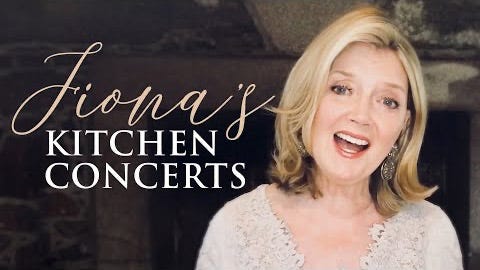Last week, we took a boat from Shetland to mainland Scotland for a visit to Aberdeen, including a look at James Scott Skinner’s grave, and on several occasions, a chance to meet and hear the beautifu…
Keep reading with a 7-day free trial
Subscribe to Scotland's Music, Landscape & Events to keep reading this post and get 7 days of free access to the full post archives.


